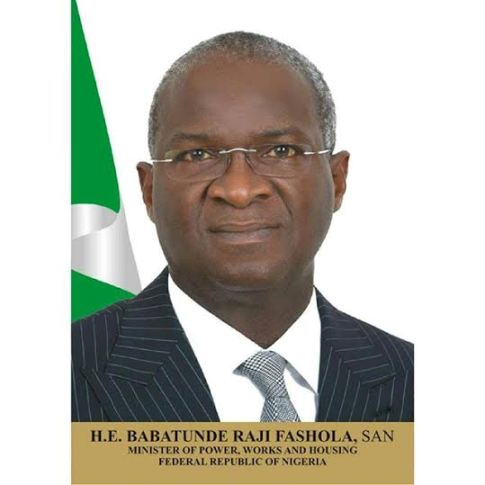The Federal Executive Council (FEC) on Wednesday approved contracts totalling about N35.8 billion for roads, bridges and power at the end of its meeting presided over by President Muhammadu Buhari in Abuja.
The Minister of Power, Works and Housing, Mr. Babatunde Fashola, gave this hint to State House correspondents at the end of the Council’s meeting.
The minister, who spoke on the various projects approved at the meeting, said that the FEC approved N8.9 billion for the construction of the dilapidated Ikom Bridge and roads in Cross River State to create access to the ports for trucks.
He explained that the proposed new bridge and roads would help facilitate economic and other activities at the Calabar Port and ease the current challenges being faced by importers, exporters and the Nigerian Ports Authority on merchandise trade.
Fashola listed some other projects approved for execution as including, the Section II of 37km Nguru-Gashua-Benmari Road, with delivery time of 24 months at N11.77 billion; the 50 kilometre Ilorin-Igbeti-Keshi Road, Section I, Kwara State, at the cost of N8.6 billion; and the Arochukwu-Ohafia Road, Section I, re-awarded at the cost of N5.4 billion, with a completion period of 20 months.
The minister also reported that the Council also approved N933.7 million for the procurement of an automated meter reading machine on the request of the Transmission Company of Nigeria. He said that the sum included the installation of equipment and training of engineers, who would operate and maintain the system.
Fashola clarified: “The purpose is to facilitate remote meter reading of wholesale at the custody and trading points. This is different from remote reading of retailed meters used by consumers like you and I.
“The point to be made is that the entire value chain from where gas is produce to where it is fed into the pipes of the Gencos to produce energy, to where that energy is picked up from the transmission company, to the trading points at stations of the distribution companies and the feeders, is entirely metered. Those are the bulk trading meters that we are talking about.
“The challenges that we have is that many of these meters, sizable number of them, still have to be inspected manually to have to be read. And that is the basis for computing the settlement system at the end of the month. That causes delay in accounts settlement”, the minister added






